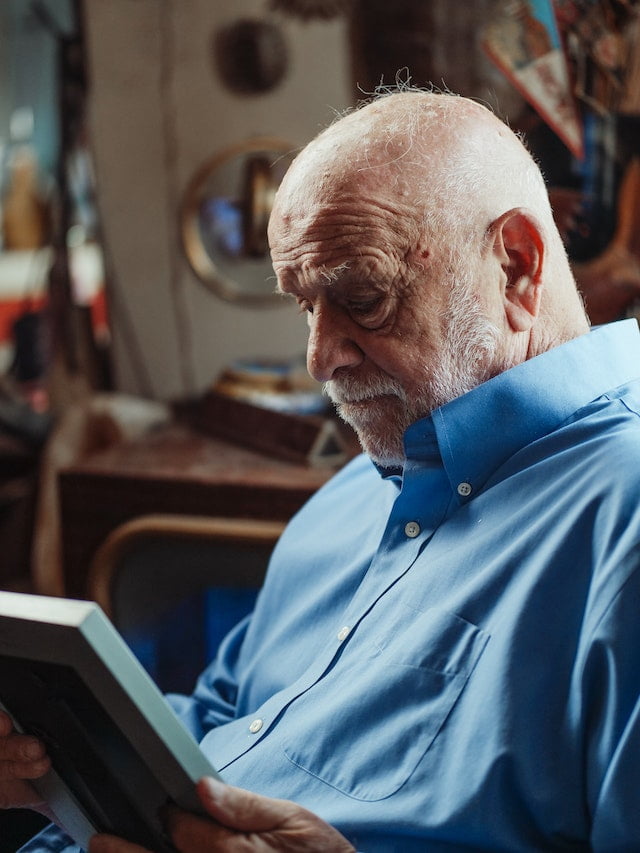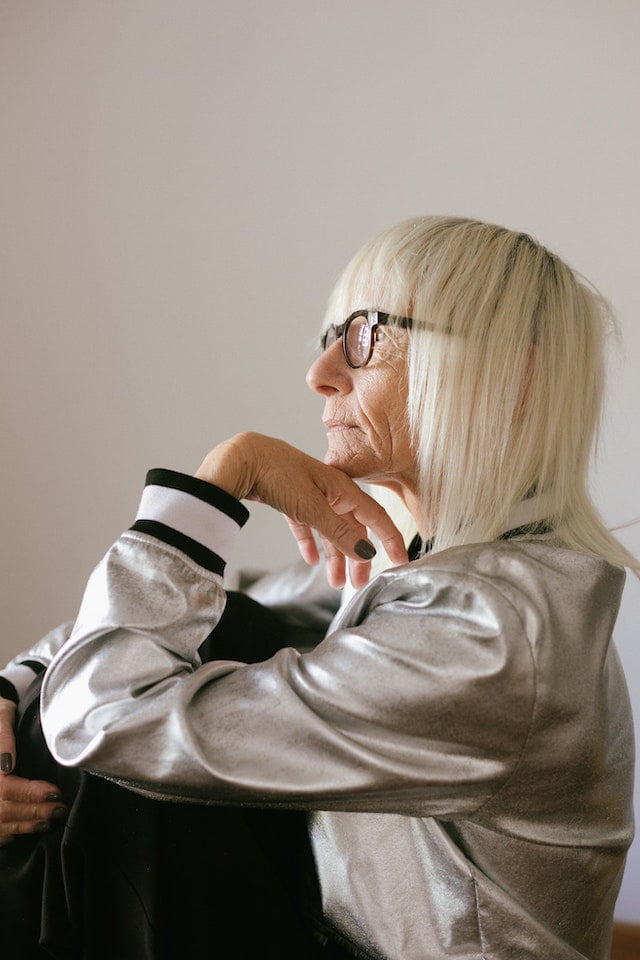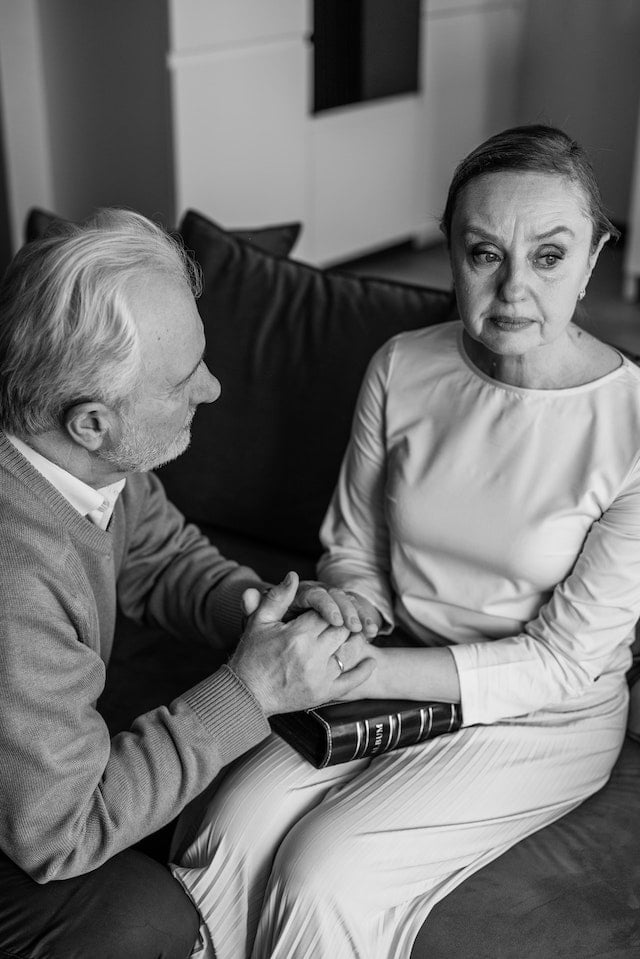It is crucial to clarify that none of the content shared through any of our platforms — including our website, YouTube channel, social media, or any other place where we might share information — is intended to be, nor should it be considered as, health advice.
Grief is a natural and normal response to loss, and everyone experiences grief differently. There is no one-size-fits-all approach to handling grief, and what works for one person may not work for another. Here are some suggestions for handling grief after 50:
- Acknowledge and accept your feelings: It is normal to feel a range of emotions when you are grieving, and it is important to allow yourself to feel and express these emotions.
- Seek support: Grief can be a lonely and isolating experience. It can be helpful to reach out to friends, family, or a support group for emotional support.
- Take care of yourself: Grief can take a physical and emotional toll on your body. Make sure to eat well, get enough sleep, and engage in activities that help you to relax and recharge.
- Remember the person you lost: It can be comforting to keep the memory of the person you lost alive by sharing stories and photos, or by participating in activities or causes that were important to them.
- Find healthy ways to cope: It is important to find healthy ways to cope with your grief, such as talking about your feelings, journaling, or engaging in activities that bring you joy and relaxation.
- Seek professional help if needed: If your grief is causing significant problems in your daily life or if you are having thoughts of self-harm, it may be helpful to seek the support of a mental health professional.
- Give yourself time: Grief is a process that takes time. It is important to be patient with yourself and allow yourself the time and space you need to work through your grief.
Remember that everyone’s grief journey is unique, and it is important to find what works best for you. It is also important to recognize that it is okay to not be okay and to ask for help when needed.
Affiliate Disclosure: I only recommend products I would use myself and all opinions expressed here are our own. This post may contain affiliate links that at no additional cost to you, I may earn a small commission.



























